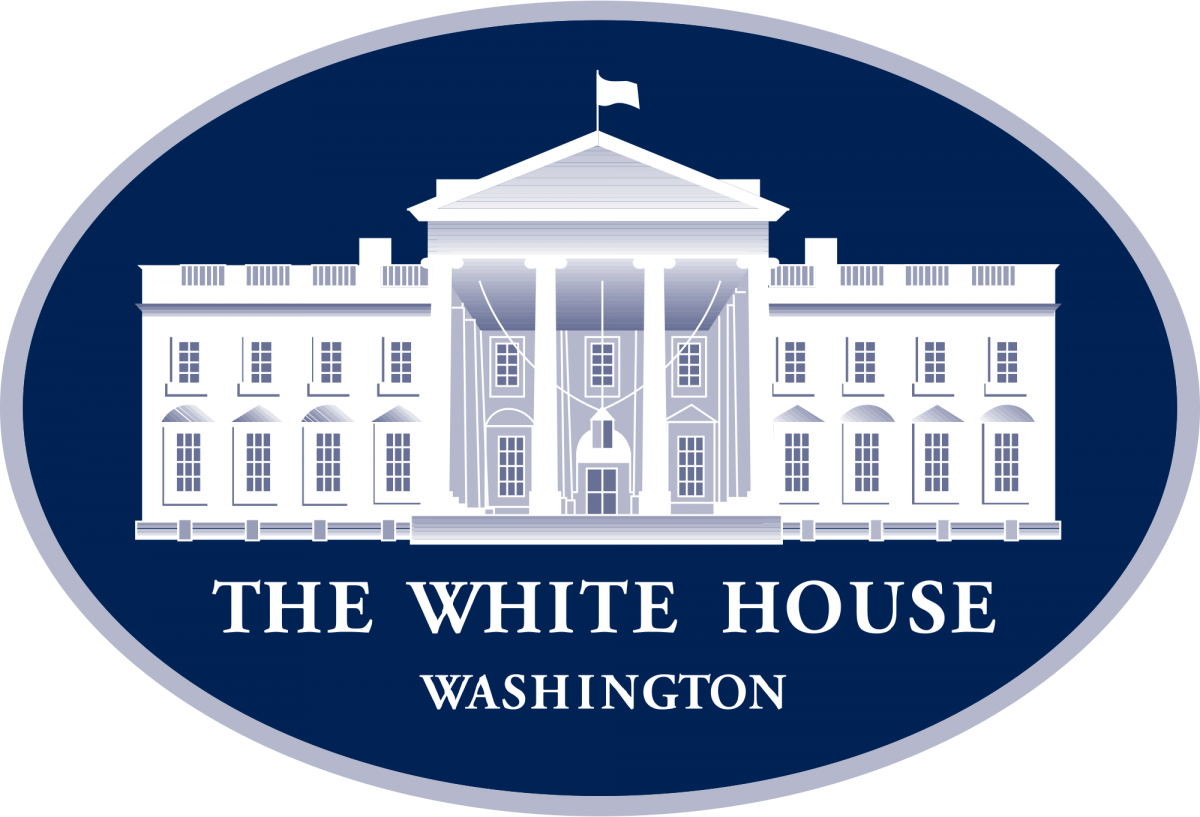 whitehouse.gov - by Amy Pope - December 30, 2015
whitehouse.gov - by Amy Pope - December 30, 2015
Summary: The world has now gone over 40 consecutive days without a single reported Ebola case. Here's how we helped make that possible.
For the first time since this outbreak was detected in West Africa in early 2014, the world has now gone over 40 consecutive days without a single reported Ebola case.
The World Health Organization (WHO) announced that Guinea has successfully halted Ebola transmission and now joins Sierra Leone and Liberia in recovering from this devastating disease. This represents a significant milestone for Guinea, West Africa, and the international community.
Today we reflect on what is possible when partners around the world come together to solve a common problem. Through the undaunted courage of local communities and heroes from around the world, West Africa was able to halt Ebola. The United States was proud to offer help along with partners around the world.
Today we remember Ebola’s victims, and embrace the communities, families, healthcare workers, and survivors.
Recent Comments